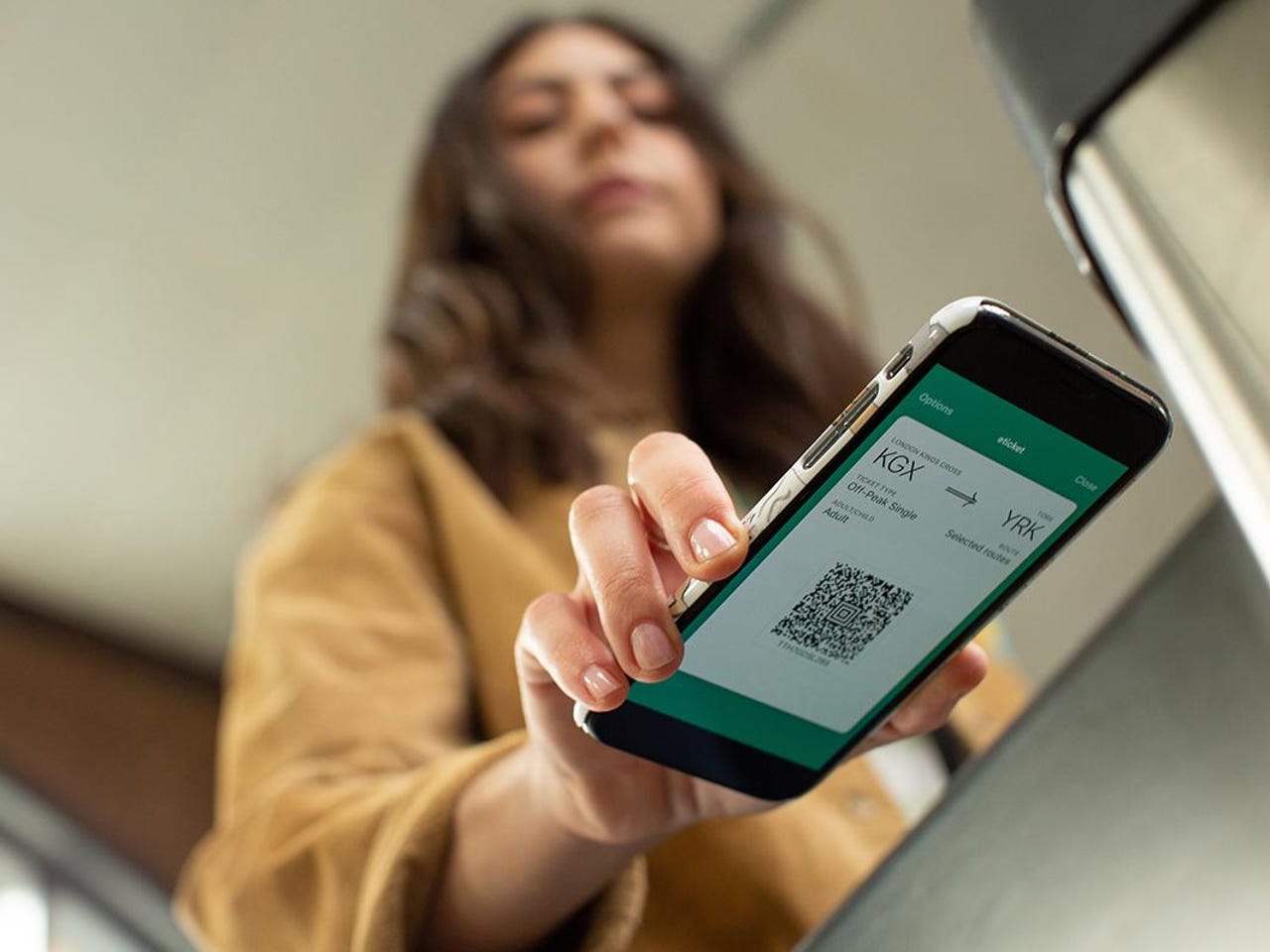Building a better commute: How one ticketing company is rolling out new tech for riders


The pandemic has changed commuter habits.
When the pandemic and the resulting lockdowns first hit in 2020, the number of daily rail passengers into UK cities plummeted rapidy: at the height of the first lockdown in April and May 2020, the level of passenger rail journeys was 96% lower than an equivalent day in 2019, before slowly picking up again.
As with many companies, the pandemic required the tech team at digital ticketing company Trainline to rethink its priorities and realign itself with the needs of travellers as they slowly returned to traveling.
CXO
Crowd alerts, for example, were extremely important to commuters at a time when it was in everyone's interest to socially distance.
Trainline launched its crowdsourced Crowd Alerts feature in June 2020, designed to help commuters socially distance onboard trains, as well as the more recent disruption notifications, which serve to keep commuters informed about disruptions to their journey.
SEE: CIO priorities: 10 challenges to tackle in 2022
Similarly, self-service refunds – while perhaps not as technologically compelling – were equally important for people whose travel plans might have been upended at a moment's notice.
Steering through such uncertainty has also required a nimble approach to operations.
"The team has been very agile during the pandemic," says Milena Nikolic, who joined as Trainline's new chief technology officer in June 2021. "We were very lucky that we able to pivot fast enough to continue serving users' needs in a very fast-changing and hectic set of circumstances."
Trainline's 400-strong tech team comprises some 50 data engineers and data scientists on top of a crew of software developers, infrastructure engineers, and security and privacy specialists.
"Being at the forefront of innovation for the rail industry is a pretty exciting place to be," says Nikolic. "I joined primarily because I got really excited about the mission: connecting people to places in a greener, more sustainable way."
Nikolic joined Trainline after serving a near-six-year tenure at Google, most recently as the engineering director for Google Play. "Running technology at scale is something that was just drilled into us at Google," Nikolic tells ZDNet. "You just learn to operate that way: where everything you build you build for a worldwide scale."
Milena Nikolic, CTO at Trainline
Recovery for the travel industry has been slow, but there are signs that public confidence in public transport is returning again. "It's really nice seeing those levels recover as the restrictions have been lifting," says Nikolic. "Seeing that grow steadily has been really encouraging."
SEE: Agile development and Agile management: Four ways it can change how your business works, forever
But COVID-19 has also created consumer habits that are likely to last beyond the pandemic.
Contactless technology, for example, has flourished against a backdrop of health concerns and a desire to limit physical interactions with other people.
Nikolic is betting that consumers will continue leaning towards digital transactions when given the choice, including when it comes to buying tickets, "rather than queuing up in the station and having to click on a machine that we know so many people have used before you."
For its next stage of growth, Trainline is looking to the world of scale-ups. Nikolic hopes that by implementing a cross-functional team of technology stack "guardians", the company will be able to target more rapid growth and innovation, while still maintaining a highly polished user experience.
"It allows you to go after new ambitious business and strategic goals and move faster, like a startup," Nikolic adds. "That's what we have been moving to over the last couple of months, and we're super excited about that."
When it comes to executing agility, Nikolic says there's no magic answer. "It's one of the things that keeps me awake at night," she jokes.
"I think about it a lot, and I think about alignment a lot: are we working on the right things for the company? Does this make sense for the business, for our product, for our customers' strategy? Are my engineers happy, are they engaged?
SEE: Want to keep developers happy and productive? One change to their working day could be the key
"But I also think: are we actually being productive? Are we being efficient? Are we getting the most out of the people that we have? Because getting the most out of people is efficient, but equally, the most gratifying for people."
One theme that appears central to Trailine's philosophy is flexibility. Much as its products and services have flexed in accordance with changing consumer behaviours, so has its workforce adapted to suit the new realities of work.
This includes a "flexi-first" approach to work, with individual teams given space to figure out which style of working best suits them. Nikolic points out that Trainline has always offered a degree of flexibility to its workforce, and she acknowledges that there is still a lot of benefit in face-to-face collaboration: "I think it would have been very hard to operate a large tech organisation without allowing for some level of flexibility."